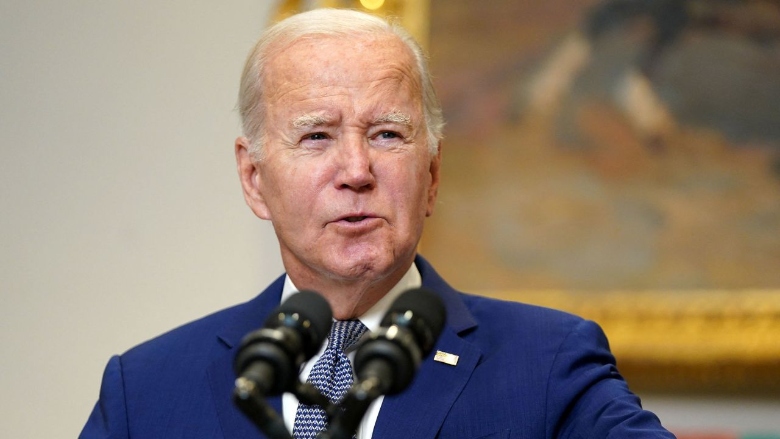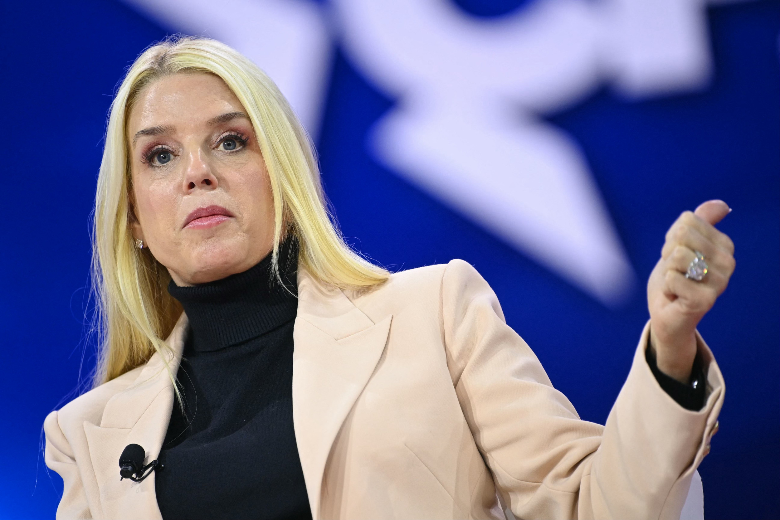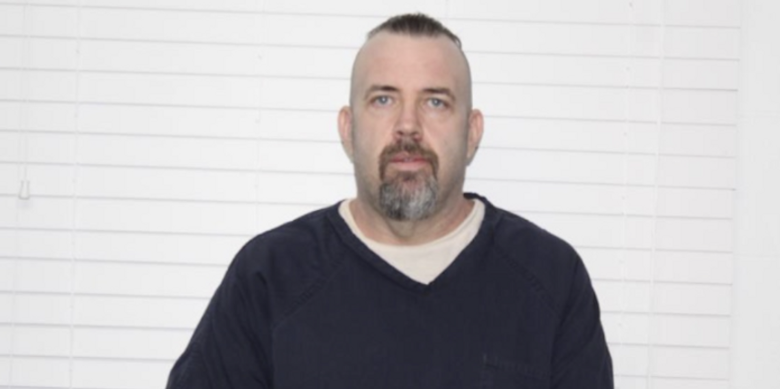Anchored In Oklahoma Podcast
President Joe Biden is reportedly considering a sweeping commutation of federal death row sentences, a decision that could redefine his presidency and the national discourse on capital punishment. According to The Wall Street Journal (WSJ), Biden is contemplating converting the sentences of 40 federal death row inmates to life imprisonment without parole. Among the inmates who could be affected are Charleston church shooter Dylann Roof and Boston Marathon bomber Dzhokhar Tsarnaev—names synonymous with two of the most infamous mass killings in modern U.S. history.
Sources familiar with the matter told the WSJ that Biden could announce his decision as early as Christmas. However, the president faces a complex and controversial question: Should all federal death row inmates have their sentences commuted, or should exceptions be made for the most egregious cases?
A White House spokesperson confirmed the ongoing discussions, emphasizing that no final decision has been reached. The administration is reportedly debating whether to issue a blanket commutation or take a selective approach, leaving the death penalty intact for individuals convicted of particularly heinous crimes.
This potential move aligns with Biden’s longstanding opposition to the death penalty, a stance he emphasized during his 2020 presidential campaign. If carried out, the commutations would signify a dramatic shift in federal policy and mirror broader trends toward abolishing capital punishment in many U.S. states.
The timing of Biden’s deliberations coincides with a recent appeal from Pope Francis, who has been a vocal opponent of capital punishment. In early December, the Pope called on Americans to pray for death row inmates, urging for their sentences to be commuted.
“Let us #PrayTogether for those on death row in the United States,” Pope Francis wrote on X (formerly Twitter). “Let us pray that their sentences may be commuted, changed. Let us think of these brothers and sisters of ours and ask the Lord for the grace to save them from death.”
In 2018, Pope Francis officially declared the death penalty “inadmissible” in all cases, amending the Catechism of the Catholic Church to reflect this position. His moral arguments have resonated with many abolition advocates, who see Biden’s potential decision as an opportunity to align U.S. policy with broader humanitarian principles.
The possibility of commuting federal death sentences has provoked outrage from victims’ families, conservative lawmakers, and justice advocates. Critics argue that sparing individuals like Roof and Tsarnaev undermines justice for their victims and sets a dangerous precedent.
Dylann Roof, who killed nine Black parishioners in a racially motivated attack at a Charleston church in 2015, and Dzhokhar Tsarnaev, who orchestrated the 2013 Boston Marathon bombing that killed three people and injured over 260, are considered among the most heinous criminals in U.S. history.
Fox News correspondent Bill Melugin highlighted the controversy on X, writing, “Charleston church mass shooter Dylann Roof and Boston Marathon bomber Dzhokhar Tsarnaev are both on federal death row.”
Victims’ advocates have been particularly vocal. “This isn’t about mercy; it’s about justice,” one advocate said. “Commuting these sentences would diminish the suffering of the victims’ families and send the wrong message about accountability for the gravest of crimes.”
The debate over the death penalty has long been a flashpoint in U.S. politics. After a 17-year hiatus, the federal government resumed executions in 2020 under the Trump administration, which carried out 13 executions in six months. The rapid pace of these executions reignited the national conversation about the morality, cost, and effectiveness of capital punishment.
Currently, 23 states have abolished the death penalty, while others, like California and Pennsylvania, have implemented moratoriums. Proponents of abolition argue that life imprisonment without parole is a more humane alternative and point to the financial burden of protracted death penalty appeals, as well as the risk of wrongful convictions.
If Biden proceeds with commuting these sentences, it would represent one of the most significant shifts in federal criminal justice policy in decades. However, the decision carries substantial political risks. While it may galvanize progressive supporters and align with global abolitionist movements, it could alienate moderate voters and further inflame partisan tensions.
The ethical considerations are equally weighty. Is the death penalty an essential deterrent for the most heinous crimes, or is it an outdated practice that perpetuates cycles of violence? Biden’s decision will force the nation to confront these questions head-on, potentially reshaping public perceptions of justice and punishment.
As Biden approaches a potential announcement, the stakes could not be higher. The commutation of federal death row sentences would not only affect the 40 inmates currently awaiting execution but also set a precedent for future administrations.
The nation remains sharply divided, with proponents of abolition viewing this as a moral imperative and critics warning of the long-term consequences for victims, their families, and public safety.
For now, the fate of federal death row—and Biden’s legacy on this contentious issue—hangs in the balance. A decision is expected before the holidays, promising to ignite fierce debate and reverberate across the political and cultural landscape.




It is apparent Biden is not competent to do this and no one else has authority for latest evil escapades at Americans expense.
Anyone involved in this should be brought up on charges of treason or at the least acting illegally without authority.
Harris should be brought up for treason since she knows he is incompetent and as vice president she is not using her authority to stop this.